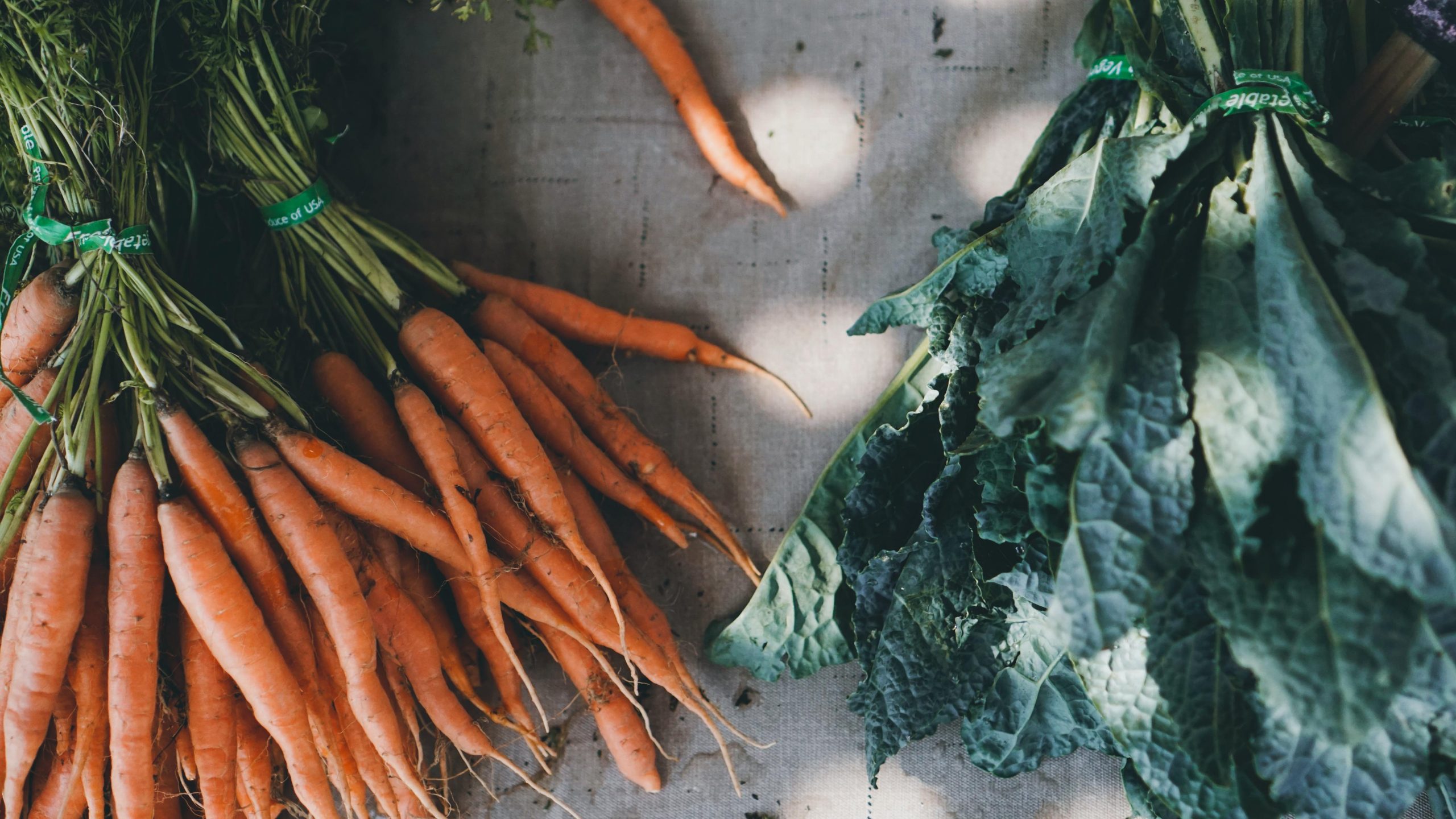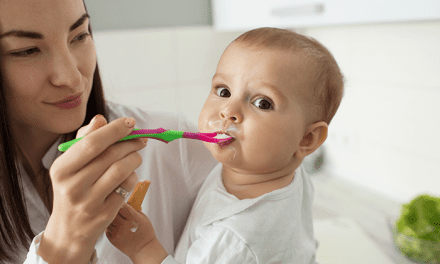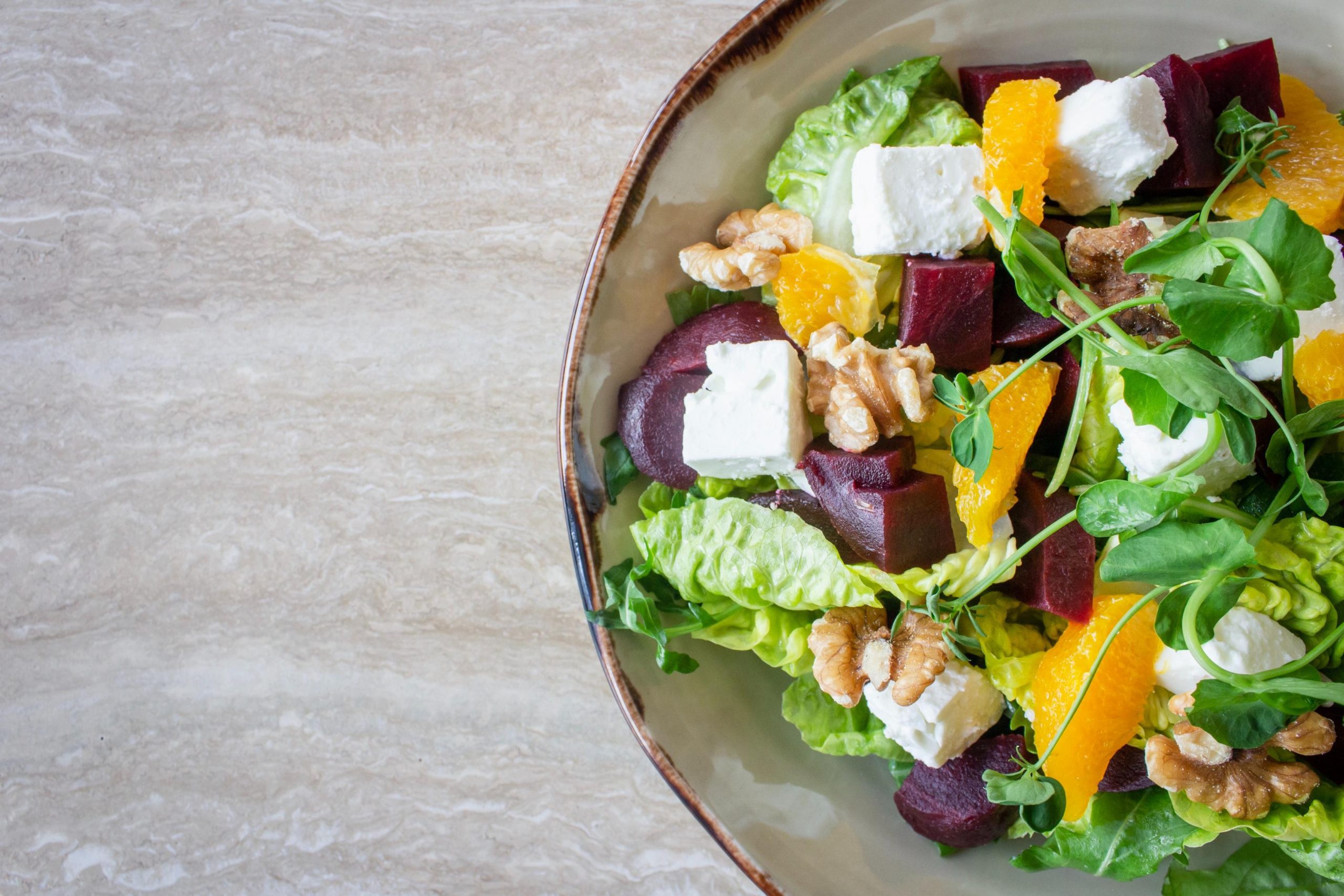Our diets nowadays inadvertently contain a lot of fertilizers and pesticides. Naturally, the choice to opt for food that is organic and pesticide-free is a popular choice. But the question is, should your child be consuming organic food as well? What are the inherent benefits or shortcomings of feeding your child organic food? You’re bound to have a lot of questions as a concerned parent, so read on – we’ve covered the 3 best and preferred organic baby foods, and what can fall out of the need to be organic as well.
Is Organic Food Healthier For Babies?
Organic food contains fewer herbicides and pesticides if none at all. And as you probably already know, your baby’s immune system is still a work in progress. Giving them organic food limits their exposure to the harmful chemicals of pesticides, keeping their little bodies safe. Organic food is also GMO-free, which means that it hasn’t been genetically altered in any way. Lastly, organic food is free of harmful preservatives, which means though it’s more expensive, it’s as fresh as possible.
All of these make organic food a good choice for your baby. However, there is no concrete research suggesting that organically sourced food has any additional nutritional value when compared to regular foodstuffs. Nevertheless, it is still a choice you can make, as is whether or not your baby’s entire diet has to comprise organic food. Whether due to its price or your personal choices, this is a call you make. Read up about the best organic baby foods you can give your tiny one, and which ones work either way.
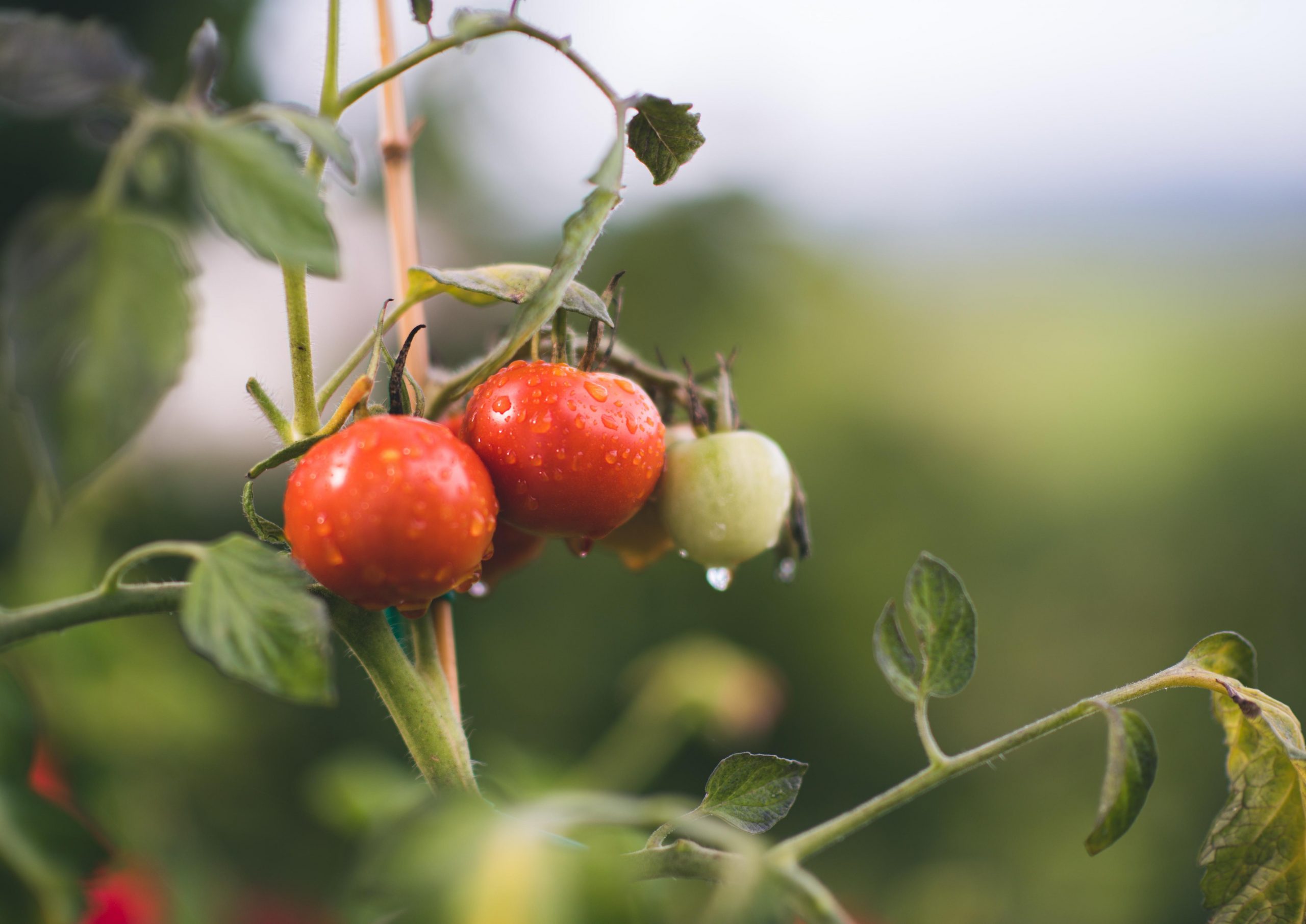
How beneficial is it to really give your tiny tot organic food?
3 Best Organic Baby Foods
Organically sourced food is definitely healthier than non-organic food to a certain extent, due to the inherent lack of pesticides and fertilizer chemicals in them. But as mentioned, there isn’t much concrete research to back this up.
So, the criteria for buying organic food is not to maximize the nutrition that you would get from it, but rather to avoid the ingestion of unnecessary toxins. In essence, buying organic is not a requirement, but rather a strong suggestion. Here are some foods for your baby that you should definitely buy organic if possible:
Milk
Is your baby weaned off of breast milk? Then perhaps the most immediate switch you should make from regular to organic is in terms of milk. Children are recommended to consume milk regularly since it is a source of bone-strengthening calcium. Hormone and antibiotic-fed cows give milk that is pumped full of those same chemicals. Toddlers and children up to the age of 10 have an almost routine intake of milk, which means they also get a regular dose of these hormones and antibiotics.
To opt for organic milk, try to buy milk from a small-scale producer. Small-scale producers do not need to boost their milk production to meet demands the way bigger corporations do; they have no reason to add the hormones and antibiotics to the diet of their cows and buffaloes. There are also some organic milk brands that you can look up.
Poultry
Eggs and chicken are two of the most common sources of protein that Indians opt to feed their children. Unfortunately, this rise in demand has led poultry farmers to use synthetic hormones to stimulate growth in chickens. This kind of meat, packed with unnecessary hormones, is harmful to your child’s growth if consumed regularly especially during their developmental years.
Instead, opt for ‘gavthi’ or ‘gavran’ chicken, as it is known in some parts of the country. These chickens are bred outside the factory-like poultry farming process and are generally healthier for children as well as adults. They come from smaller farms that naturally are organic in their processes.
You can also choose to give your kids organic eggs instead of regular eggs. These eggs come from hens that have been fed organic grains and feed, without anything harmful. The great thing about organic eggs is that they are readily available, and aren’t that much costlier than regular eggs.
Frequently Used Vegetables And Fruits
Buying all vegetables and fruits from organic sources is neither easy to accomplish, nor is it cost-effective. But thoroughly washing fruits and vegetables usually gets rid of a lot of the surface pesticides and chemicals. Ideally, the only fruits and vegetables that you should definitely buy from organic sources are the ones that are frequently used in your household.
Common vegetables like spinach, potatoes, amaranth, tomatoes, etc. usually have a higher residue of pesticides than others. If your child has a diet in which these vegetables play a big part, then it’s best to buy them from organic sources. Fruits like apples and grapes also fall under this category.
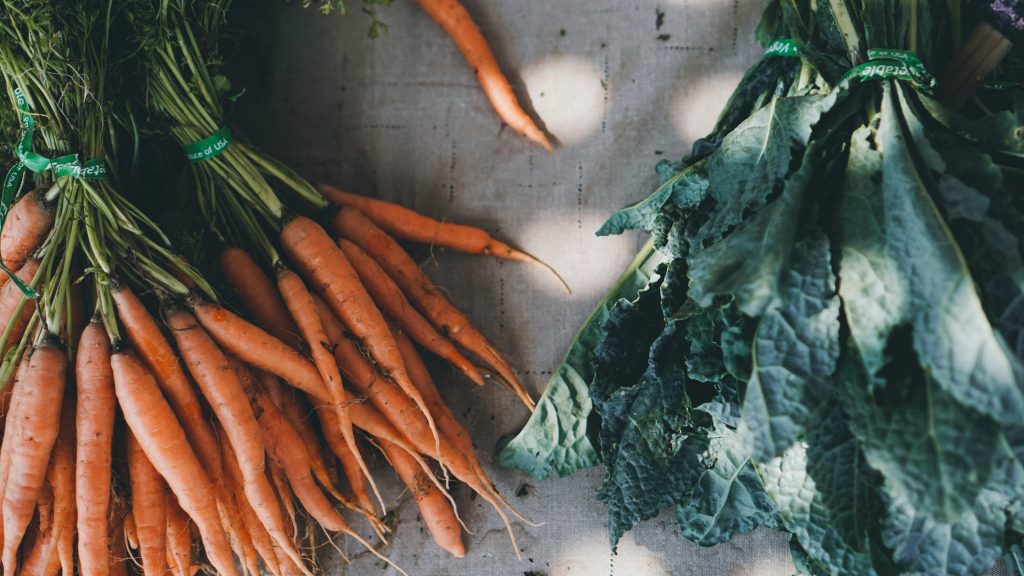
Veggies that you feed your baby often should be organic.
What Needn’t Be Organic
Packaged Goods
Packaged goods are already packed with preservatives, in addition to the high levels of salt, sugar, and saturated fats. Even if such products are made from organic sources, they do not provide the advantage that organic food is supposed to provide. You’re better off keeping it all-natural for the best organic baby foods and stick to the list above.
Vegetables And Fruits With Less Pesticide Residue
Some fruits and vegetables are okay to consume even if they aren’t organic because they do not have high levels of pesticide residue. Fruits like watermelon and pineapples fall under this category, as well as mushrooms, onions, and broccoli. Just wash them thoroughly, prep them into your baby’s meals, and you are good to go. Make sure, however, that you give your baby foods ideal for their age.
Organic Alternative: Home-Cooked Food
It’s certainly important to make sure that your child doesn’t ingest too much food with pesticides. However, it’s just as important, if not more, than the food that they do eat has all the necessary nutrients.
Giving your child a balanced diet is much more beneficial to their health at a young age than simply giving them organic food. A good way to balance it out is to include a few of our best organic baby foods into their diet while ensuring that they get that home-cooked goodness as well. This tip goes alongside the list of foods your baby should avoid.
Conclusion
If there’s one takeaway to be taken from this article, it is that organic food is excellent for the health of your child, but it does not have to be a mandatory part of their diet. If you’re still concerned about your baby ingesting harmful substances through their food, then it’s best to consult a pediatrician and a dietician to create a good diet for them. Need to find a good doctor to consult? You can do just that through the ImmunifyMe app, alongside a whole load of benefits like storing prescriptions and digitized vaccine records.
FAQs For Best Organic Baby Foods
Is Organic Baby Food Better For My Baby?
Organic food items are grown without synthetic fertilizers and pesticides. So incorporating them into your baby’s diet will probably limit their exposure to those harmful substances. However, organic fruits and vegetables have no additional nutritional benefit over their regular counterparts.
Is Homemade Baby Food Healthier?
Anything homemade will always be healthier for the baby than processed baby food. Homemade food is usually made from whole foods and nothing else. It is also fresh. It is this absence of preservatives that make it a healthier and tastier option for your baby.
What Foods Are High In Heavy Metals?
Grains like wheat and rice are typically high in heavy metals. Also, some tubers, mushrooms, and some seafood have a high concentration of heavy metals.
Should Babies Have Organic Sweet Potatoes?
People often falsely think that sweet potatoes contain a high concentration of pesticides. This is because regular potatoes are a part of the ‘dirty dozen’ i.e foodstuff that has a high concentration of pesticide. Sweet potatoes actually do not have so much pesticide in them, and it is okay to buy them from non-organic sources.

